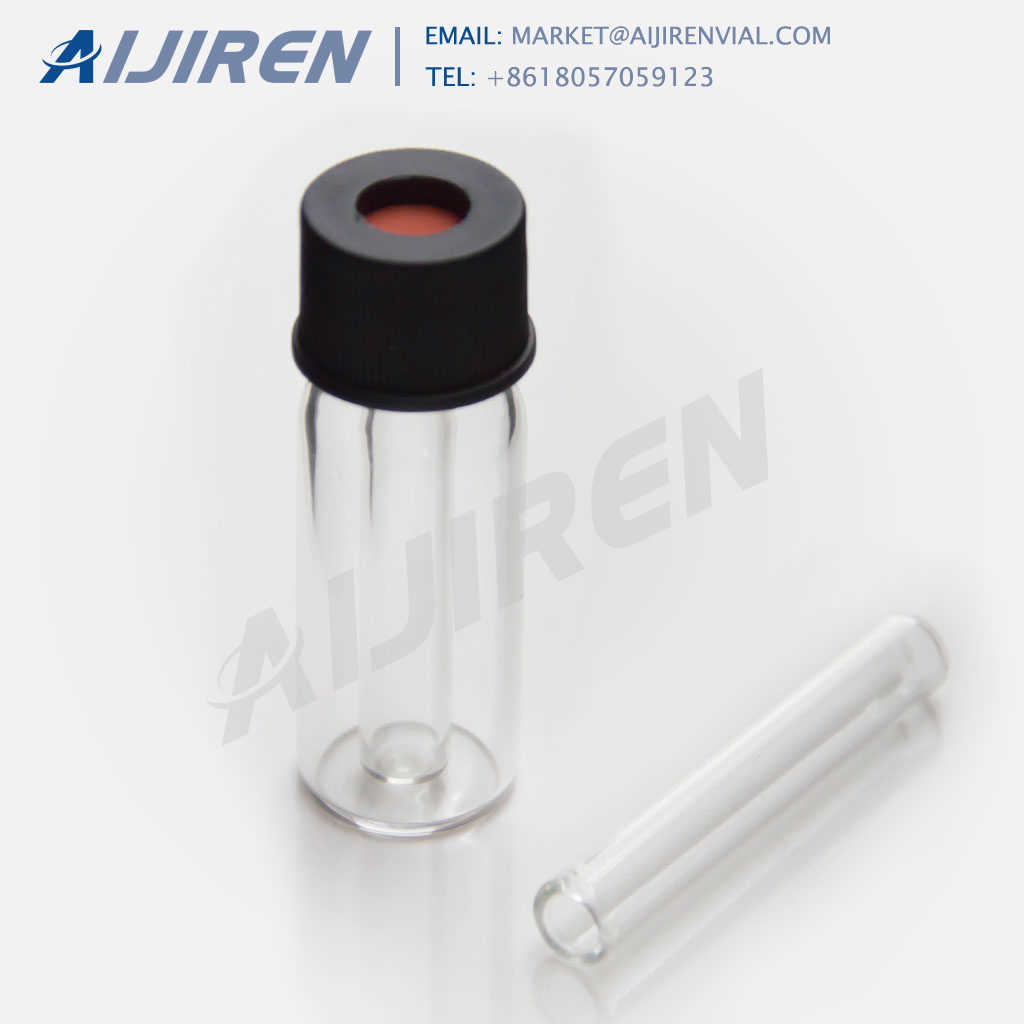
Specialized types are designed for softening, disinfecting, organic removal processing, and water desalination. The filters are often installed in compact, automated, or modular units. These strainers are used as separators between stacked discs in a very single filter holder during serial filtration. Membrane filters are virtually non reactive to chemical and biological agents, ensuring stability when filtering concentrated acids, alkalis, or oxidizers.
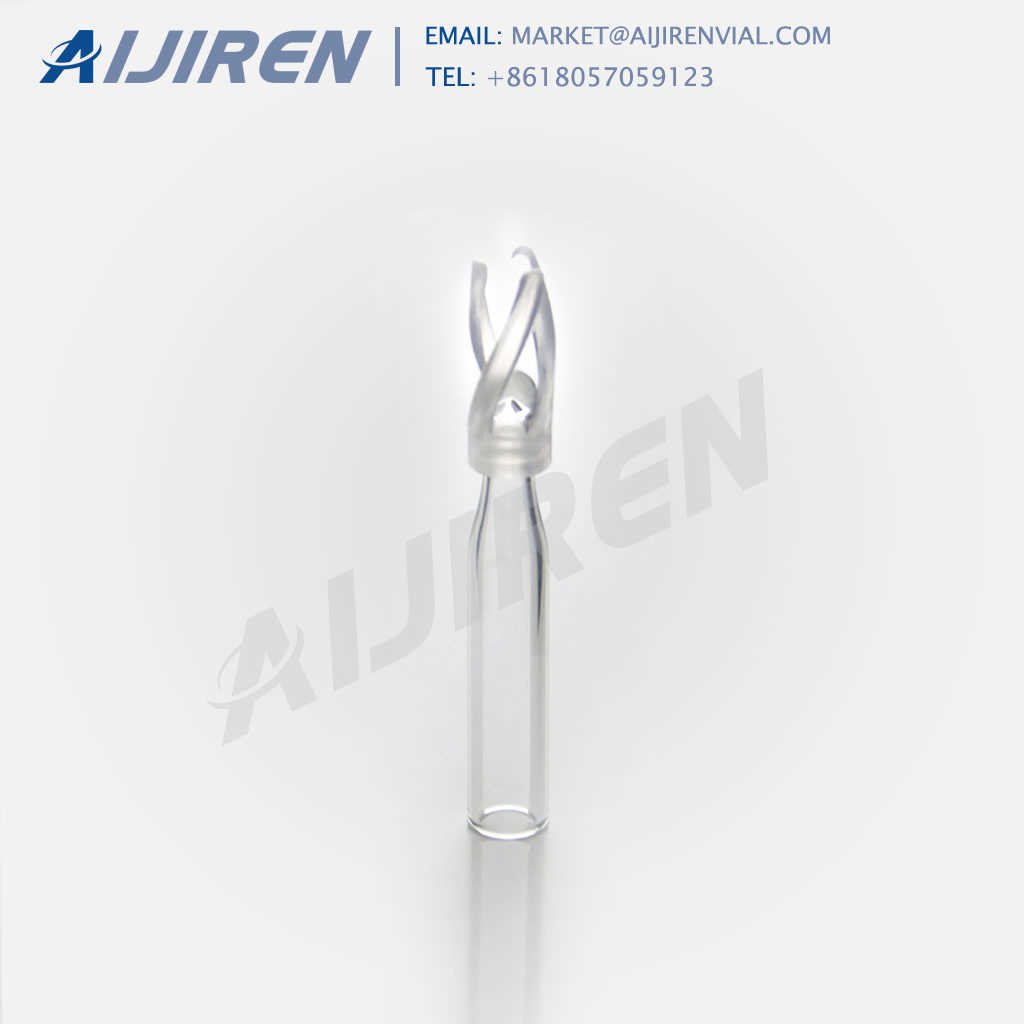
Membrane filters act as a barrier to separate contaminants from water, or they remove the particles contaminating the water. Reverse osmosis, ultrafiltration, and nanofiltration all use a membrane in their different filtration processes. Our Master Water Specialist, John Woodard, explains what a membrane filter is and how it works inside different water filtration systems.
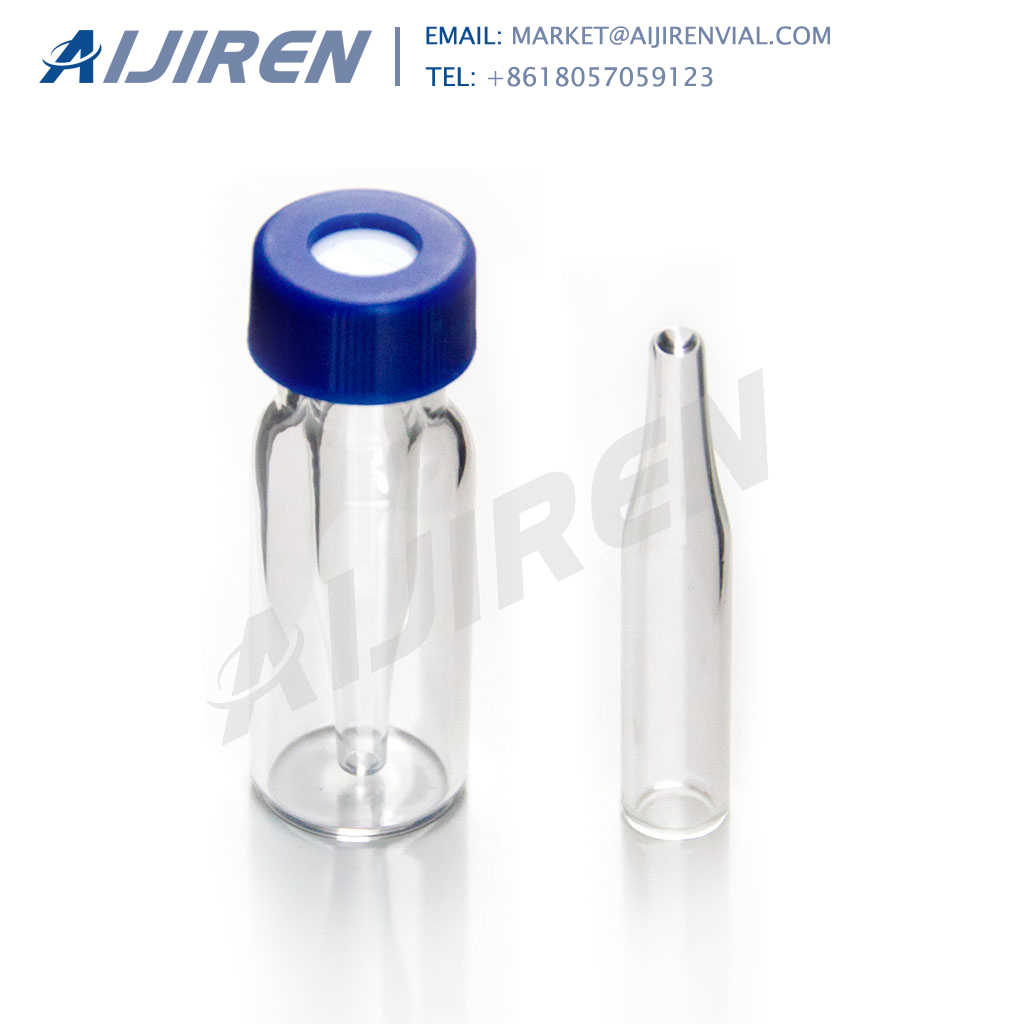
A membrane filter is composed of polymeric substances. Membrane filtration method requires an apparatus, i.e. membrane filtration assembly to perform the water analysis. A filtration unit comprises many components like a funnel, vacumn pump, filter flask, filter pump etc. Here, you will get to know the definition, summary, method, advantages and disadvantages of the membrane filtration method.
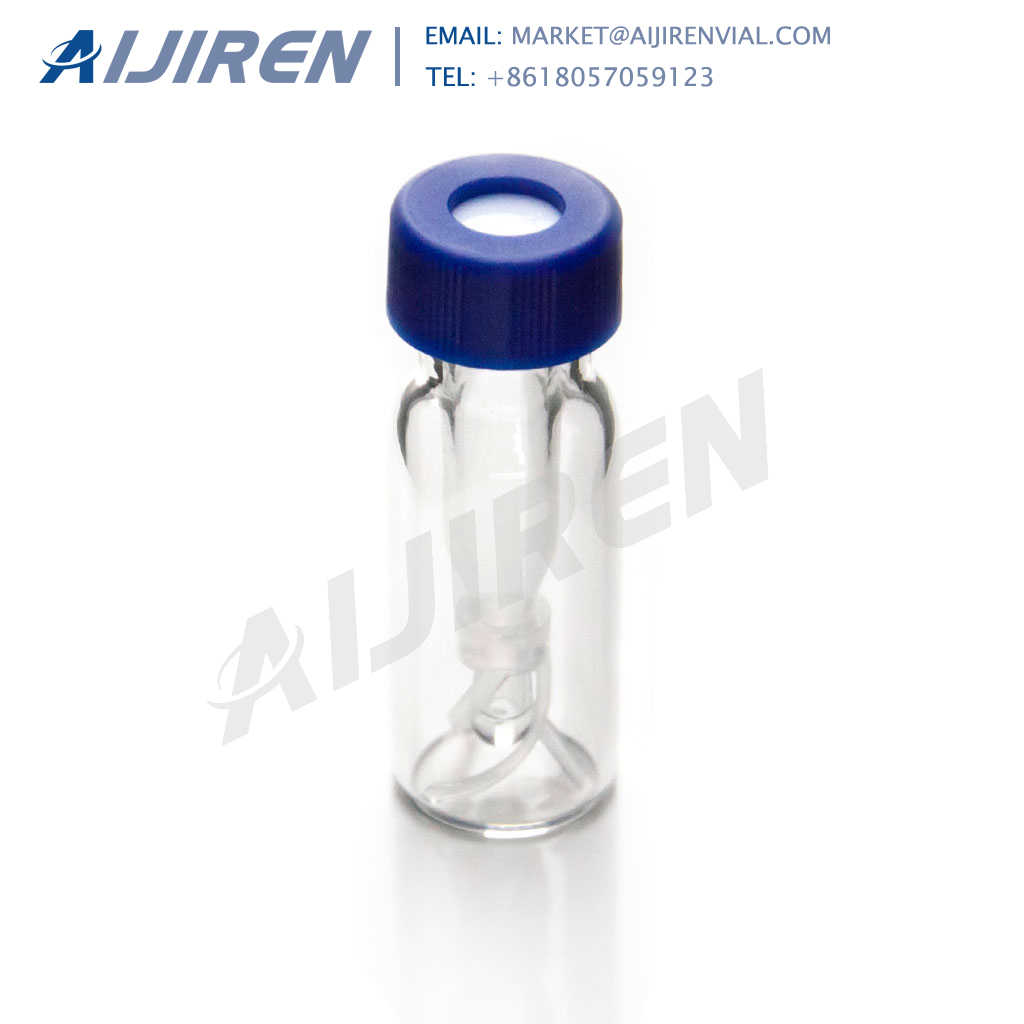
Limitations of Membrane Filtration Technology. clogging of membrane is likely to happen due to its small pore size. the quality of incoming water i.e. tap water or water to be filtered. membrane type i.e. tubular membrane system or plate & frame membrane system. cleaning of membrane using flushing and backwash process need large amount of water
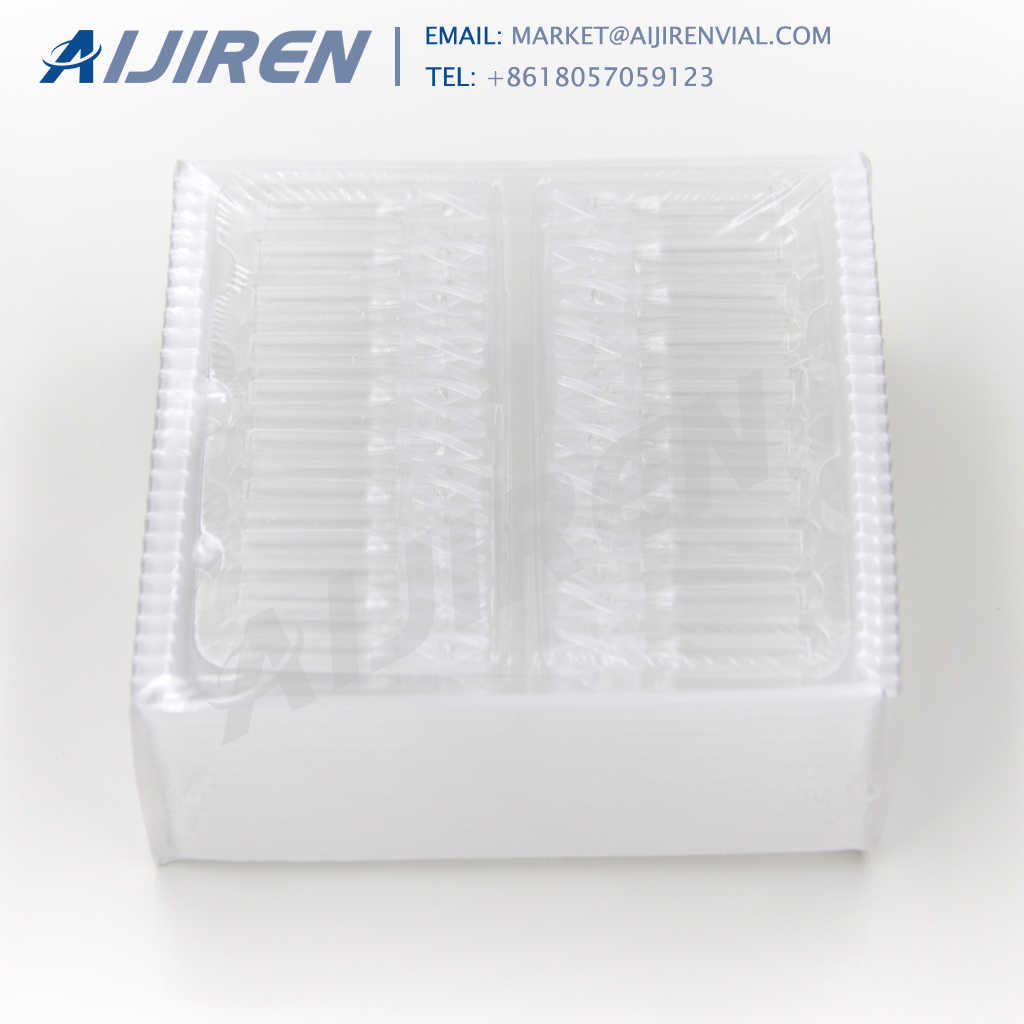
Tisch Brand SF13866 Polytetrafluoroethylene PTFE Membrane Filter, 1.0um, 47mm 1/pk/100 per pack | Wettability: Hydrophobic | Maximum Operating Temperature: 130 Degrees C | Flow Rate: 25 (ml/min@10psi) Only 4 left in stock - order soon.
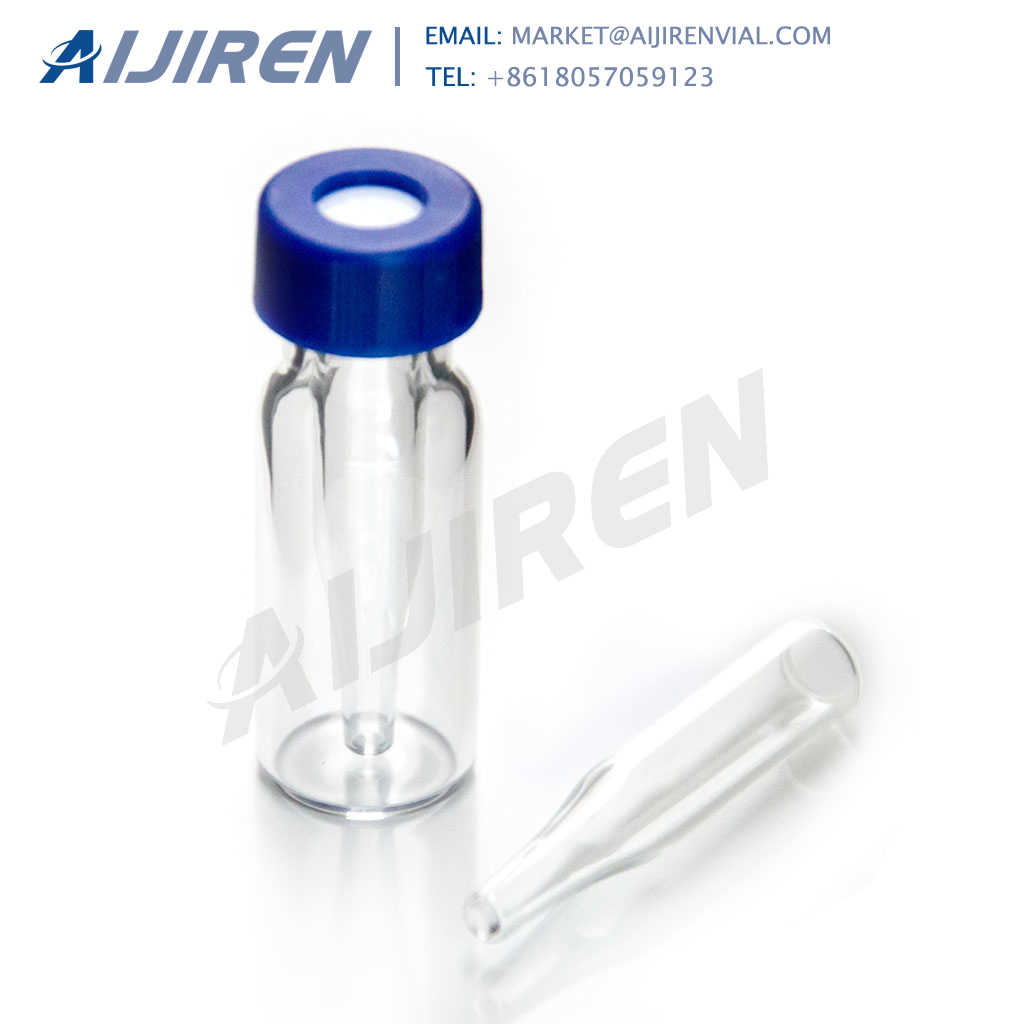
If the membrane does not have a substrate, it is bio-directional and either side can be used as the inlet. If it has a substrate, the substrate layer will be more coarse and ridged than the membrane side. The membrane side would be the inlet and the coarse substrate side the outlet. The solvent should enter the inlet side of the membrane first.
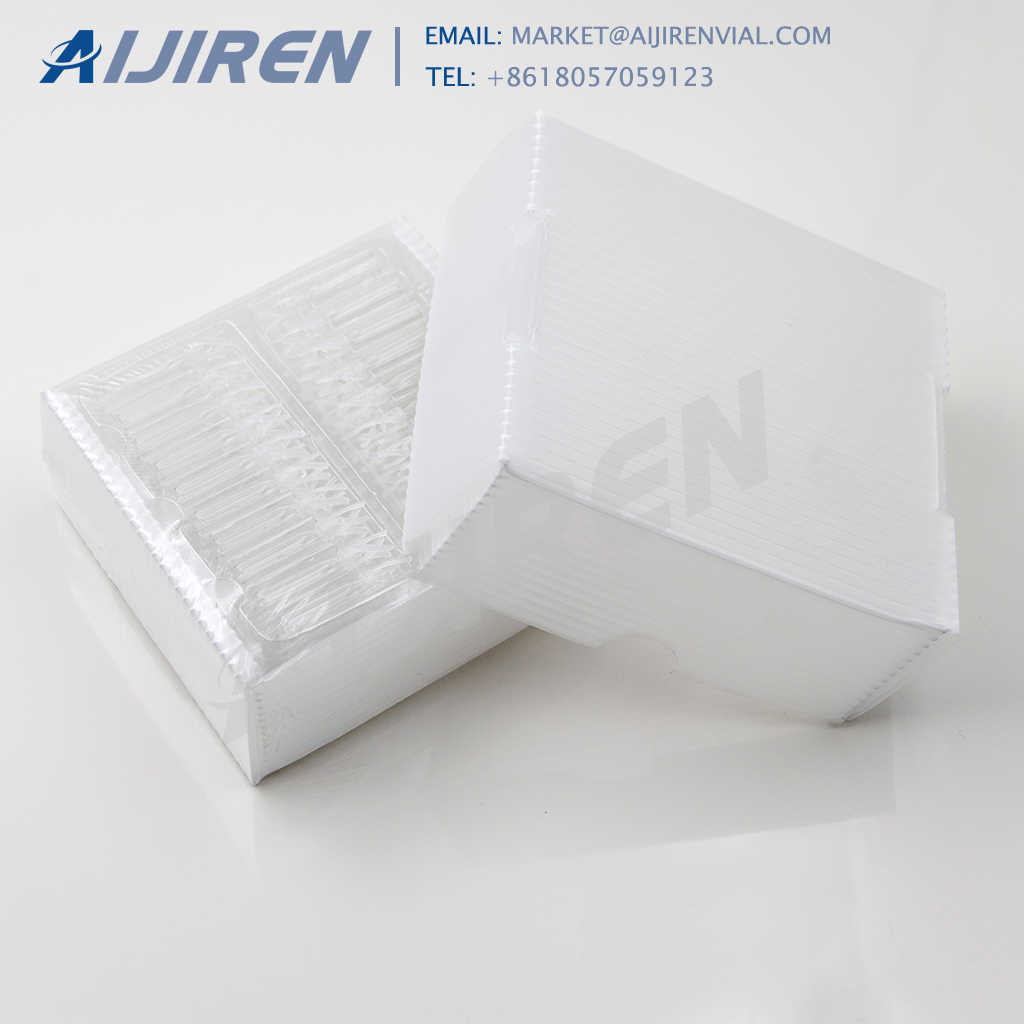
Oct 25, 2016 · In its most basic terms membrane filtration involves passing a single feed stream through a membrane system that separates it into two individual streams, known as the permeate and the retentate. The membrane that separates them is a physical barrier with highly specialized characteristics – a barrier that only certain selected components in the feed stream can pass through.
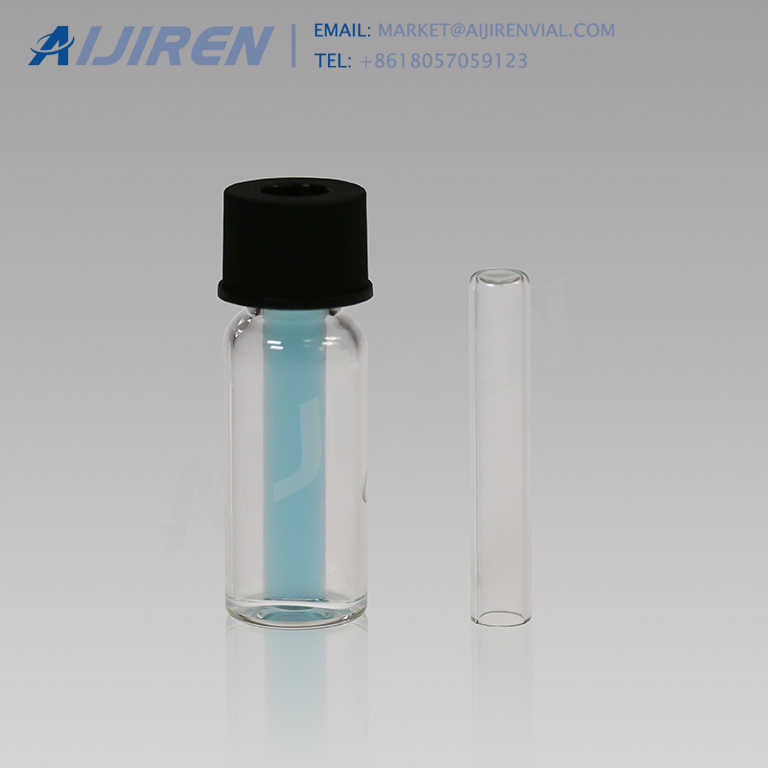
Pipette Supplies offers Membrane Filters at great prices. Shop pipettes, parts and more. 817-483-9883. Login / Register. Skip to content. MENU MENU. Pipettes.
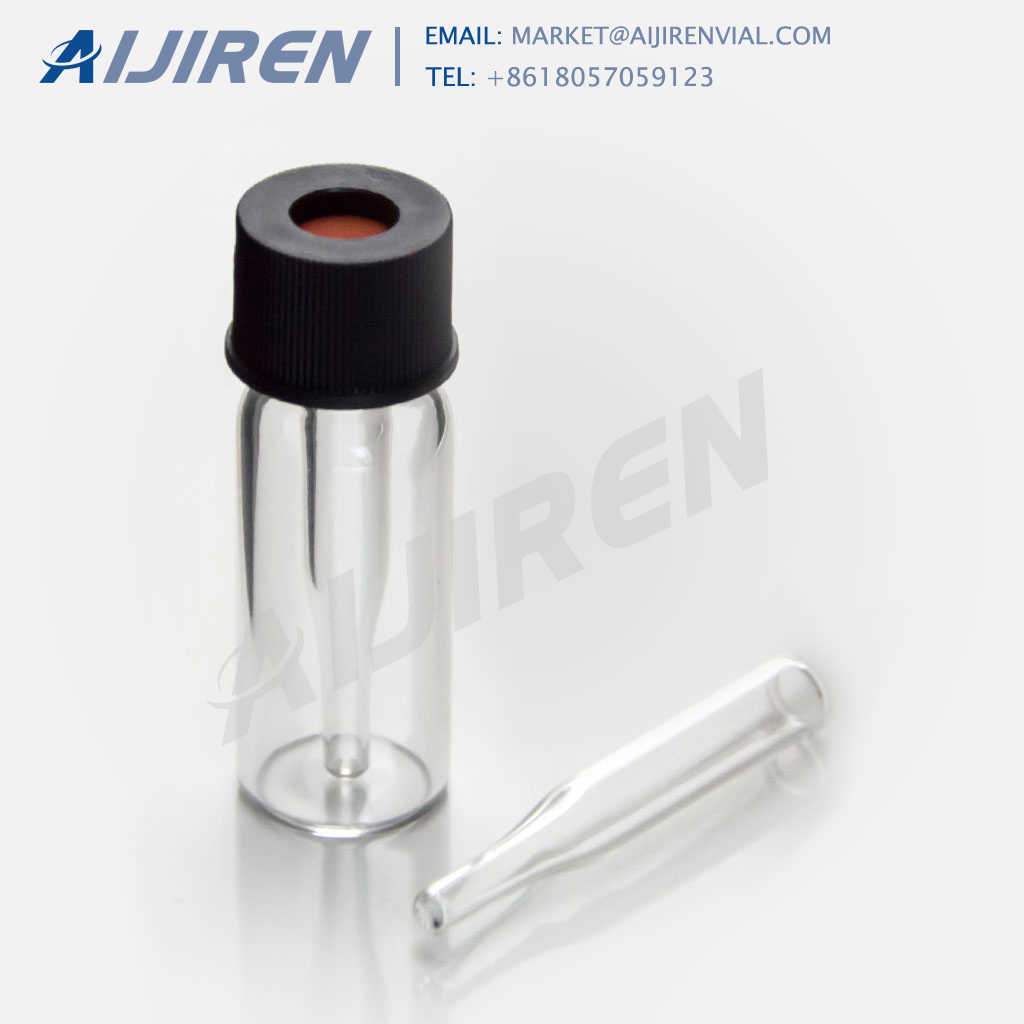
Mar 09, 2021 · It can reliably filter out bacteria, algae, protozoa, sediment, and similar particles. Ultrafiltration (UF) is commonly used in the dairy industry, processing and concentrating skim milk. For separation of large macromolecules like proteins, UF is also useful in life science studies. The pore size of these membranes are 0.01 to 0.1 micrometer.
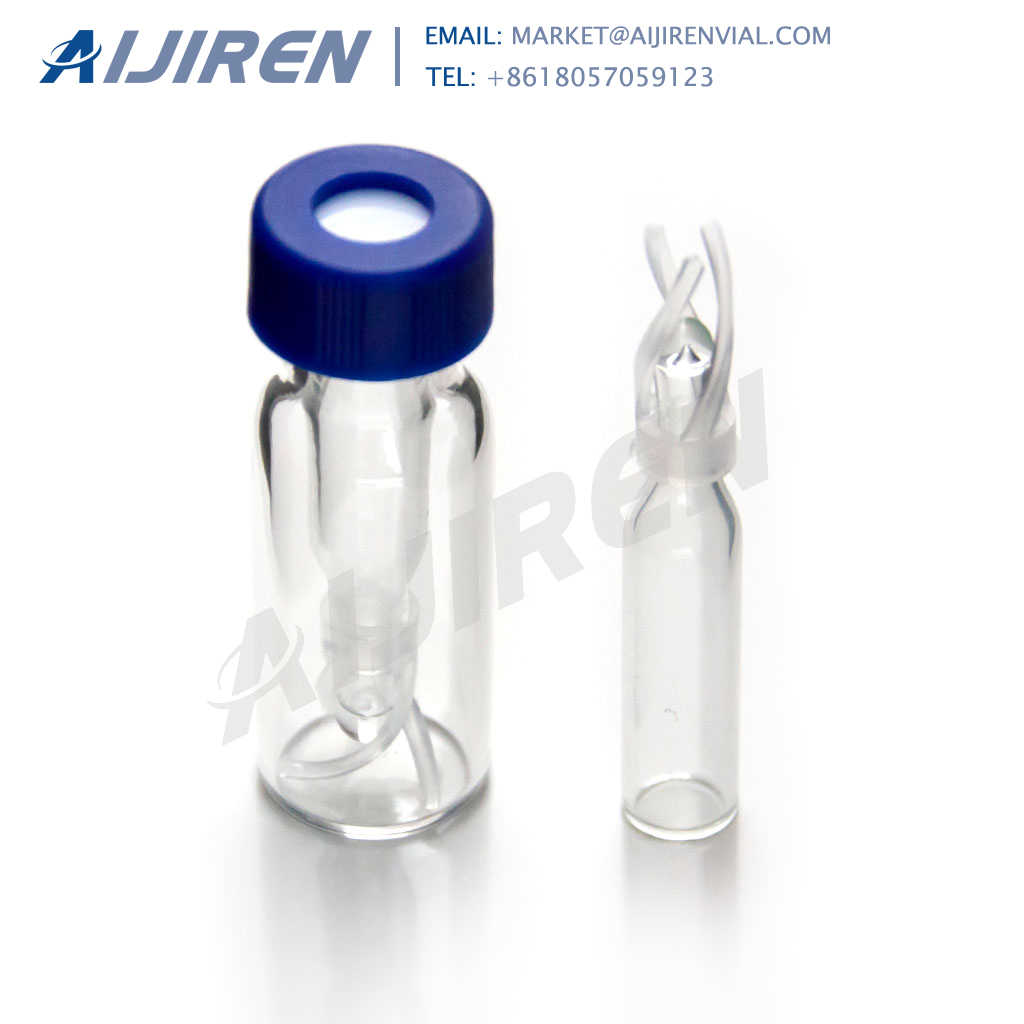
Aug 20, 2019 · The membrane filter principle is the screening process. The raw material liquid passes through a microporous membrane material to separate specific substances under the action of static pressure difference. Microfiltration is also called a microporous filtration membrane. The principle of membrane filtration uses a membrane with selective

Oct 25, 2016 · Membrane filtration process is a physical separation method characterized by the ability to separate molecules of different sizes and characteristics. Its driving force is the difference in pressure between the two sides of a special membrane. Membrane technology enables you to bring down overall production costs, and boost product quality at
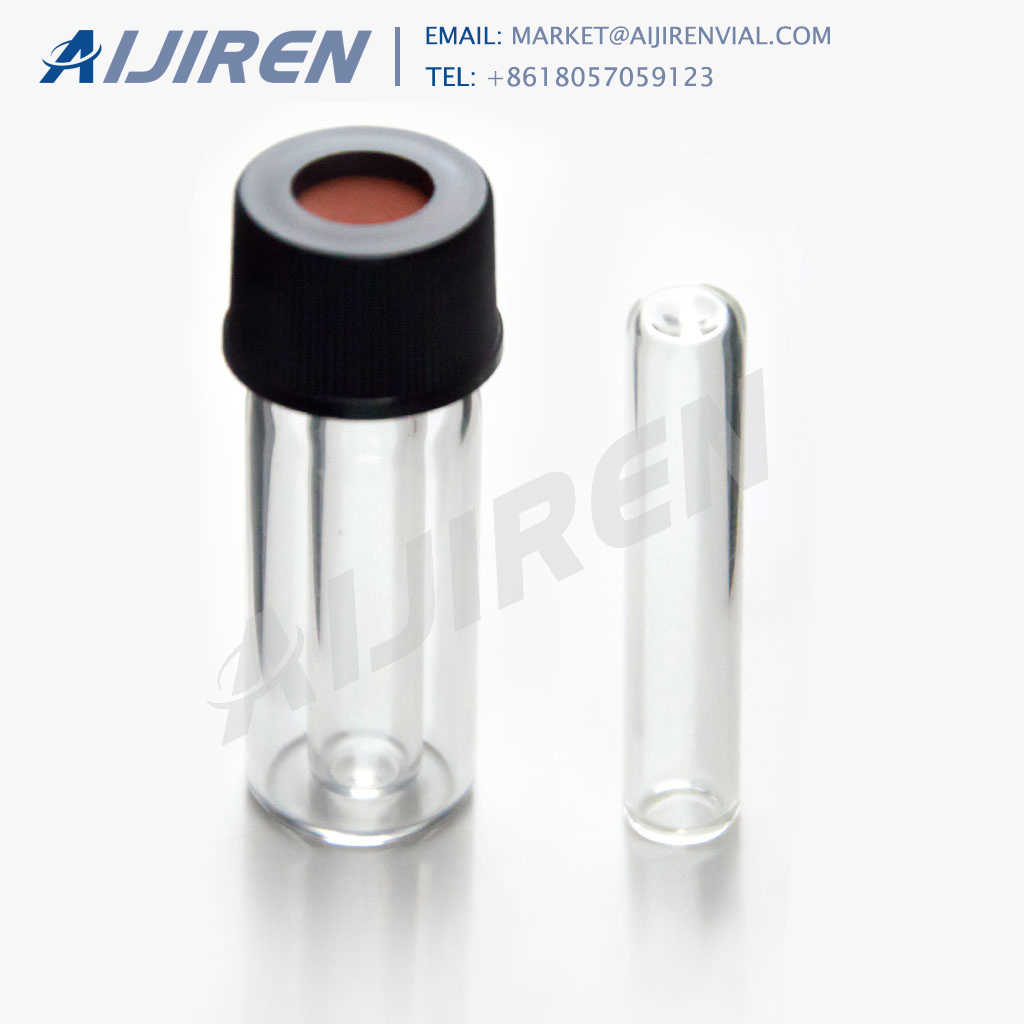
TefTEC™. Naturally hydrophobic expanded PTFE membrane filters designed for vent and gas applications. With over 8.5 square feet of filtration area, TefTEC filters provide outstanding flow rates. TefTEC filters are 100% flushed and integrity tested in a cleanroom environment.

Aug 07, 2018 · Regenerated Cellulose (RC) Membrane. A versatile cellulose-based hydrophilic membrane that is resistant to a very large range of solvents, including aqueous solutions and organic solvents. Recommended for use in HPLC and protein recovery applications. DO USE: with most common solvents, including those used in HPLC.

Aug 01, 2015 · Nitrocellulose membrane This membrane is used for the detection of total coliform and fecal coliformbacteria from samples of water. It has a 47 mm diameter and a pore size of 0.45 µm. The small pore size in the membrane filter will capture bacterial cells present in a sample of water during filtration. A grid is printed on the membrane to assist with counting colonies after incubation. (Brian

buffering action in the medium. The low pH inhibits bacterial growth. The membrane filter pad is saturated with 2.0 to 2.5 ml broth. Place the membrane filter used for filtration of test sample on the saturated pad and incubate at 30 -35°C for 48 hours. Storage and Shelf-life: Store…